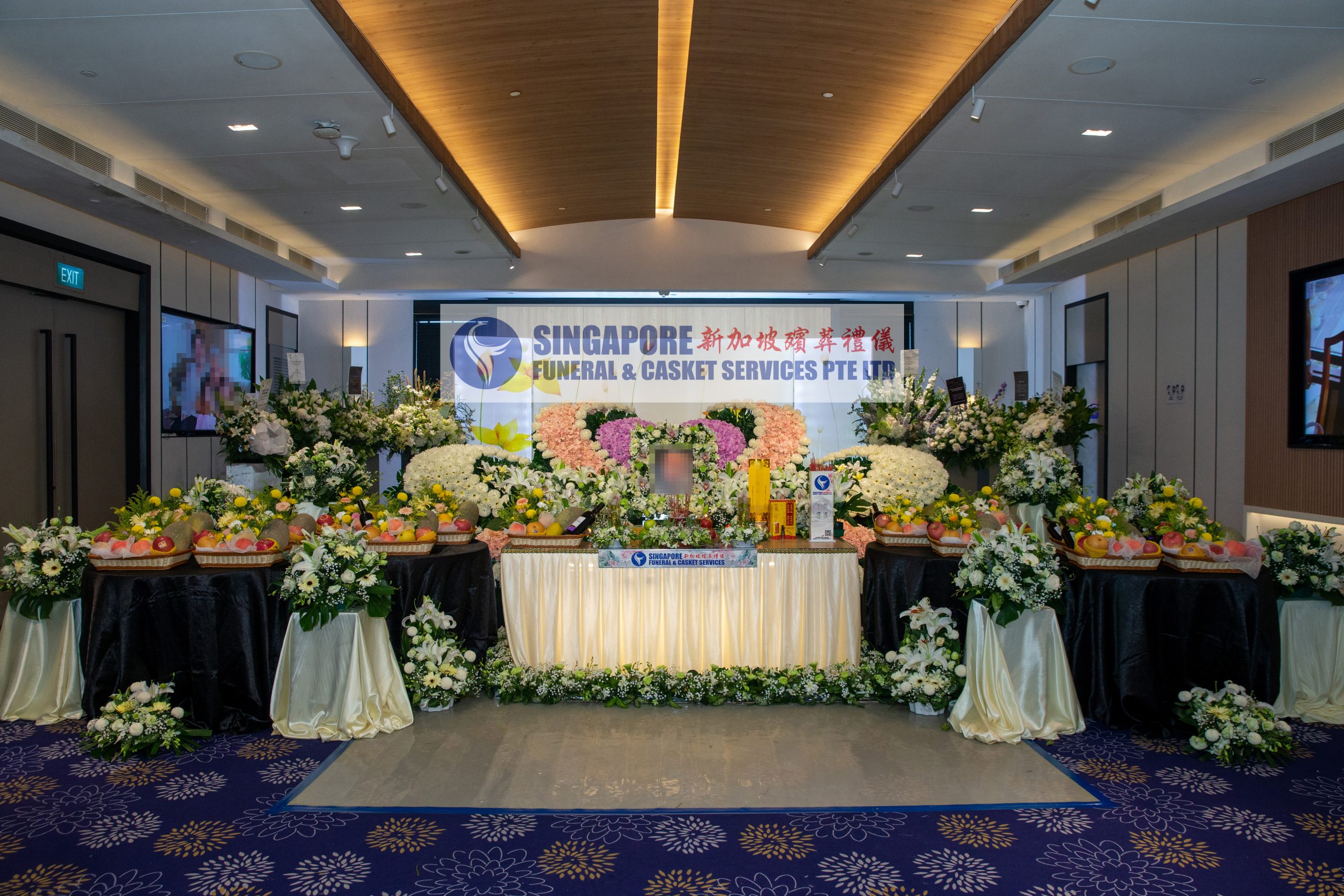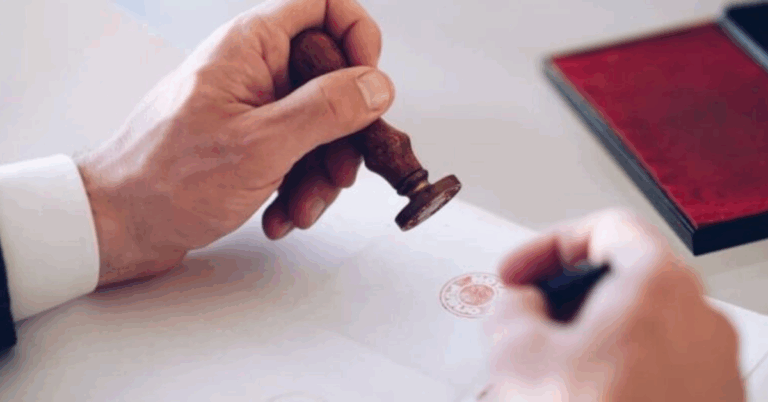Understanding Buddhist Funeral Service Singapore: Rituals, Traditions, and Modern Practices
When facing the passing of a loved one, finding a respectful and meaningful way to say goodbye becomes a priority. In a multicultural society like Singapore, families often seek funeral arrangements that reflect their religious beliefs and cultural heritage. For those practicing Buddhism, a Buddhist Funeral Service Singapore provides a peaceful and spiritually significant farewell rooted in ancient tradition and compassion.
Buddhist funerals in Singapore are a unique blend of religious rituals and local customs, aimed at guiding the departed soul towards a favorable rebirth. These services often involve monks, chanting of sutras, offerings, and specific ceremonial practices that emphasize detachment, compassion, and reverence for life. Whether traditional or modern in approach, these funerals are thoughtfully designed to bring comfort to the grieving family and honor the memory of the deceased.
The Significance of Buddhist Funerals
Buddhism teaches that life and death are part of a continuous cycle of rebirth known as samsara. The goal is to attain enlightenment and ultimately escape this cycle. A funeral, therefore, is not only a way to pay respect to the departed but also a crucial step in ensuring a smooth transition for the soul. Buddhist funerals are deeply spiritual ceremonies that seek to accumulate merit on behalf of the deceased, guiding their consciousness toward a better rebirth.
The services usually begin shortly after death and may last for several days, depending on the family’s wishes and the deceased’s status. During this time, monks recite prayers and perform rituals that are meant to comfort the soul and encourage detachment from the physical world. These prayers also help the grieving family come to terms with the loss and find inner peace.
Common Practices in a Buddhist Funeral
A Buddhist funeral service Singapore may vary slightly depending on the sect of Buddhism followed (Theravāda, Mahāyāna, or Vajrayāna), but there are common elements that are typically observed across most services:
-
Chanting and Sutras: Monks or nuns are invited to chant Buddhist scriptures such as the Amitabha Sutra or the Heart Sutra. This chanting is believed to help guide the soul and create a serene environment.
-
Offerings: Family members prepare offerings like flowers, incense, fruits, and vegetarian food. These symbolize purity, impermanence, and respect for the departed.
-
Altar Setup: A portrait of the deceased is placed on an altar along with candles, incense sticks, and offerings. The setting is meant to honor the deceased while serving as a focal point for prayers.
-
Eulogy and Tributes: While not traditional, modern Buddhist funerals in Singapore may include eulogies or personal tributes to celebrate the life and virtues of the departed.
-
49-Day Mourning Period: According to Mahayana belief, the consciousness of the deceased undergoes rebirth within 49 days. Families often continue to perform prayers and make offerings during this period to aid the soul’s journey.
Professional Buddhist Funeral Services in Singapore
In today’s fast-paced world, families often seek the help of professional funeral directors who are experienced in organizing religious-specific services. Companies that specialize in Buddhist funeral service Singapore provide comprehensive packages that include the coordination of monks, ceremonial items, setup of the funeral hall, casket arrangements, and more.
These services help relieve the logistical burden on grieving families, allowing them to focus on mourning and spiritual observance. Many providers also offer guidance on post-funeral rituals such as memorial services, ash collection, and niche arrangements in columbariums.
The support of a funeral company ensures that all traditions are respectfully followed—from the correct attire (white or subdued clothing) to the proper way of bowing and offering prayers. Some packages may even include grief counseling and assistance with documentation such as death certificates and permits.
Choosing the Right Buddhist Funeral Package
Selecting the right funeral package can be a daunting task, especially when one is in grief. It is essential to choose a provider that understands the nuances of Buddhist traditions and offers transparent, affordable, and compassionate service.
When considering a Buddhist funeral service Singapore, look for packages that include:
-
Coordination with a Buddhist monk or temple
-
Full funeral wake setup with Buddhist altar
-
Vegetarian catering for guests
-
Chanting services for wake and cremation day
-
Cremation or burial arrangements
-
Post-funeral prayer services
Some providers also offer customizable packages so that families can tailor the service to their specific sect, budget, or preferences. Transparent pricing and clear communication are important factors when choosing a service provider.
Evolving Traditions and Modern Adaptations
While traditional Buddhist funerals continue to be practiced in Singapore, modern elements have begun to emerge. The essence of Buddhist teachings remains, but families today may include photo montages, music, or digital guest books to make the ceremony more personal.
Virtual attendance options have also gained popularity, especially in the wake of global events that limit physical gatherings. Buddhist funeral services now often include live streaming so that distant relatives can participate in the rites remotely.
Moreover, environmentally conscious funerals are becoming more common, with biodegradable urns, green cremation options, and digital memorials replacing physical offerings. These changes reflect a broader societal shift while still honoring Buddhist principles of mindfulness and impermanence.
The Role of Community in Buddhist Funerals
In Buddhist culture, community plays a vital role in mourning and remembrance. Friends, relatives, and members of the temple community often come together to support the bereaved family through presence, prayers, and shared rituals. It is considered a meritorious act to attend a funeral or contribute to the ceremonies, as it generates good karma for all involved.
Funerals also serve as a reminder of life’s impermanence and encourage the living to reflect on their spiritual path. This collective experience reinforces Buddhist teachings and strengthens communal bonds during a time of loss.
Conclusion
A Buddhist funeral service Singapore is a heartfelt and spiritually significant way to honor the life and legacy of a loved one. Rooted in centuries-old teachings and adapted for today’s world, these services offer a compassionate framework for grieving, remembrance, and hope for rebirth.
Whether you seek a traditional ceremony or a modern interpretation with Buddhist values at its core, the right funeral service provider can guide you through this emotional journey with dignity, care, and respect. Ultimately, a well-conducted Buddhist funeral not only pays tribute to the deceased but also brings peace and closure to those left behind.


